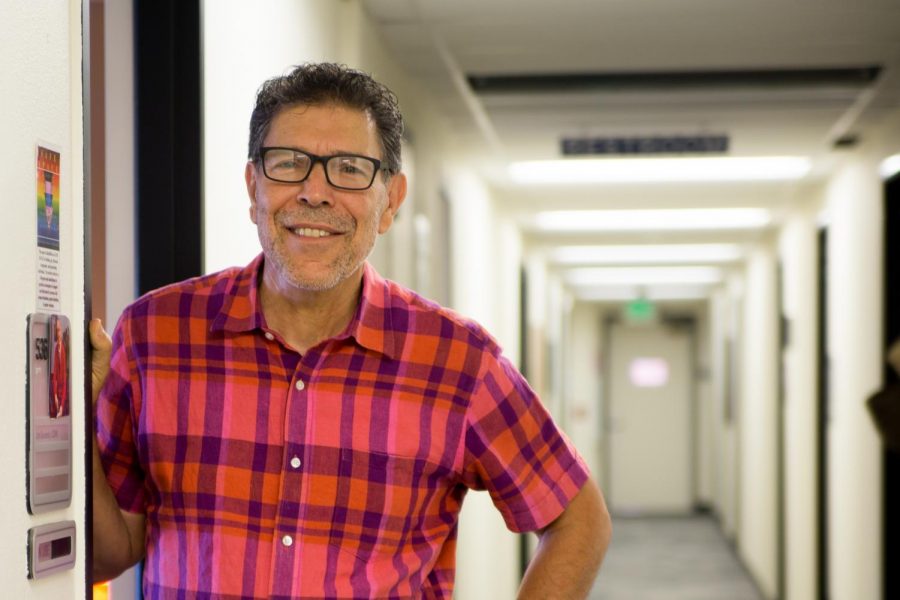Counseling and Psychological Services provides mental health resources
September 15, 2017
Oregon State University provides mental health resources and support for students, staff and faculty within the community.
OSU’s mental health resource, Counseling and Psychological Services, is housed on the fifth floor of Snell Hall. CAPS is staffed with a team of professional mental health care providers such as psychologists, counselors and trainees.
“The main goal of CAPS is to support all OSU students and faculty congruent to their mental health needs,” said Dr. Marcey Bamba, the associate director of clinical services at CAPS. “We look to offer support and counseling for a variety of needs, whether it’s learning more about personal mental health or dealing with a crisis.”
According to the CAPS webpage, CAPS provides individual, couple and group counseling, as well as various other resources and services.
One of the services provided by CAPS is the Mind Spa, a single-use relaxation area, according to Jim Gouveia, a staff counselor and suicide risk reduction coordinator at CAPS. Included in the Mind Spa is a prayer or meditation corner, a full-body massage chair and biofeedback modules that monitor vitals such as skin temperature and heart rate.
“I think in our culture we are not literate with self care,” Gouveia said. “Here, we are beginning to teach basic skills of self care.”
The Mind Spa, hand-in-hand with mindfulness workshops and classes, help illustrate how to thrive even when under duress, stress and academic pressure, according to Gouveia.
Along with providing the OSU community with numerous mental health-related services and programs, CAPS is also committed to promoting overall mental health awareness and prevention of suicide, according to Bonnie Hemrick, a mental health promotion specialist at CAPS. Hemrick’s approach to suicide prevention is from a public health angle.
“Students sometimes need help knowing where and when they reach their limits, or perhaps what that feels like to them,” said Hemrick. “Our workshops are meant to help with skill building, resource awareness and ultimately help our students navigate life with as few breakdowns as possible.”
According to the CAPS website, workshops led by CAPS are aimed to be an interactive experience for students, and allows them to engage emotionally and relationally.
Gouveia says the end goal of a CAPS workshop is to facilitate positive inward or outward change in personal behavior. Other workshops can focus on lifestyle problems such as stress management, coping, substance abuse issues or social relationships. Workshops can be requested by students, faculty or staff by going to the CAPS webpage and requesting them online, Gouveia added.
Suicide prevention trainings, called Gatekeeper trainings, are also offered to students, staff and faculty, according to Gouveia. These are workshops where individuals can learn to be a gatekeeper for their emotions and behaviors, and start to learn self-care.
“Gatekeeper trainings have four goals to teach people to be Gatekeepers by one, showing care and concern, two, knowing the signs and symptoms of a student or friend in mental distress, three, learning how to ask the question about suicide and then four, seeking appropriate help,” Gouveia said in an email.
According to Gouveia, CAPS works to create a welcoming environment so that students feel comfortable discussing mental health.
“When you have a culture of care, it comes more from a heartspace, it comes more from a place of, ‘we care about each student, we want every student to thrive’,” Gouveia said.
According to Bamba, students who want to reach out to friends or acquaintances might want to approach the situation with open minds.
“Ask them if they’re doing okay,” Bamba said. “Let them know you’re concerned. Perhaps list what you are noticing with them that might be off from their usual. This isn’t an attack on them. It may be outside their comfort level, but let them know you are there to be supportive.”
























































































































